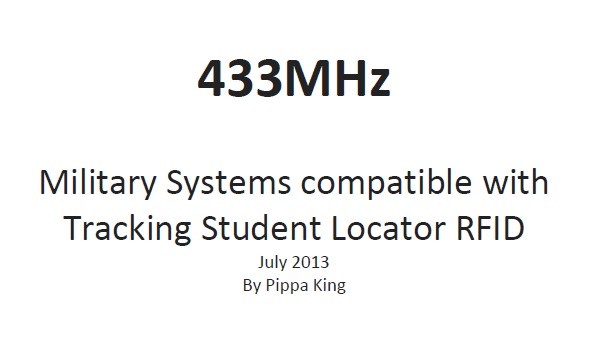In November 2015 Richmond Sausages, a subsidiary of Kerry Foods, spent £3 million on an ongoing campaign to distribute 200,000 Bluetooth tracking chips, free RFID chips, to be claimed via packs of sausages. The aim of the Sausage and Chip campaign is to make meals times less stressful if a children’s toy, teddy, has gone missing… and this would sell their sausages why?
I have to say as a parent myself a child losing a toy at meal time (whether or not sausages are present) has never been an issue and I can never recall any conversation with another parent where losing a toy has been an issue, especially at meal times.
The company supplying the Bluetooth GPS chip is a company called B-on who lists the Amigo watch, for tracking children, amongst its three products. The watch can set up geo-fencing ‘safe-zones’ incorporating a pedometer to track your child’s activity.
B-on also supplies other tracking devices for adults, health monitoring and fitness tracking. Having said that I cannot find the Amigo Watch for sale anywhere online. Apart from a few articles published last year by Wired and TechCrunch the Amigo Watch has virtually no online presence apart from the B-on website where there is no facility to buy.
Maybe the Amigo watch never got off the ground and the company now has to give away their product in another form because there is no market for it? Perhaps B-on made a few hundred thousand watches that haven’t sold, and to lure the unsuspecting public into using a tracking product… ‘needing’ a tracking product, they have ‘repackaged’ the watches into tracking chips to hang round a child’s loved toy.
It is a nudge, especially for a young child. The message? RFID tag the stuff we love.
You can imagine the conversation “…but why don’t you tag me Mummy? You love me as much as I love Teddy don’t you?”. Clever.
So why would Richmond, a sausage manufacturer, spend millions of pounds giving away free RFID tracking devices essentially aimed at children? Splashing out £3million is a hefty amount of profit margin from sausages sales to recoup, plus 200,000 RFID tracking chips. It just seems odd?












